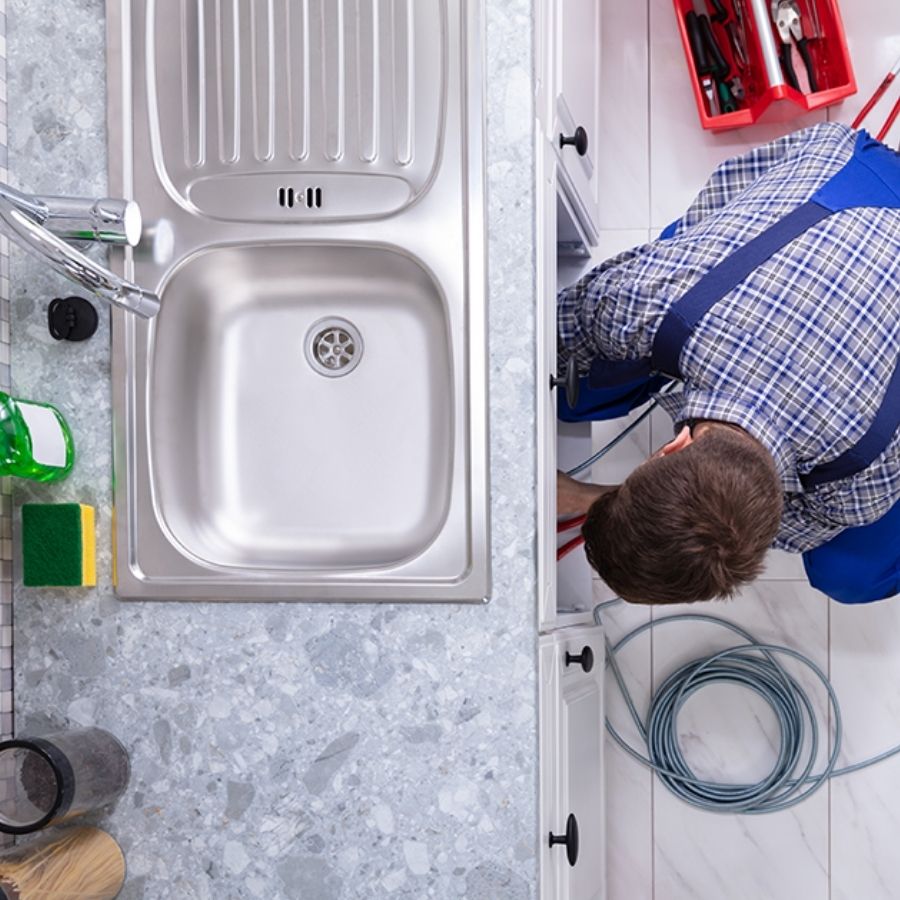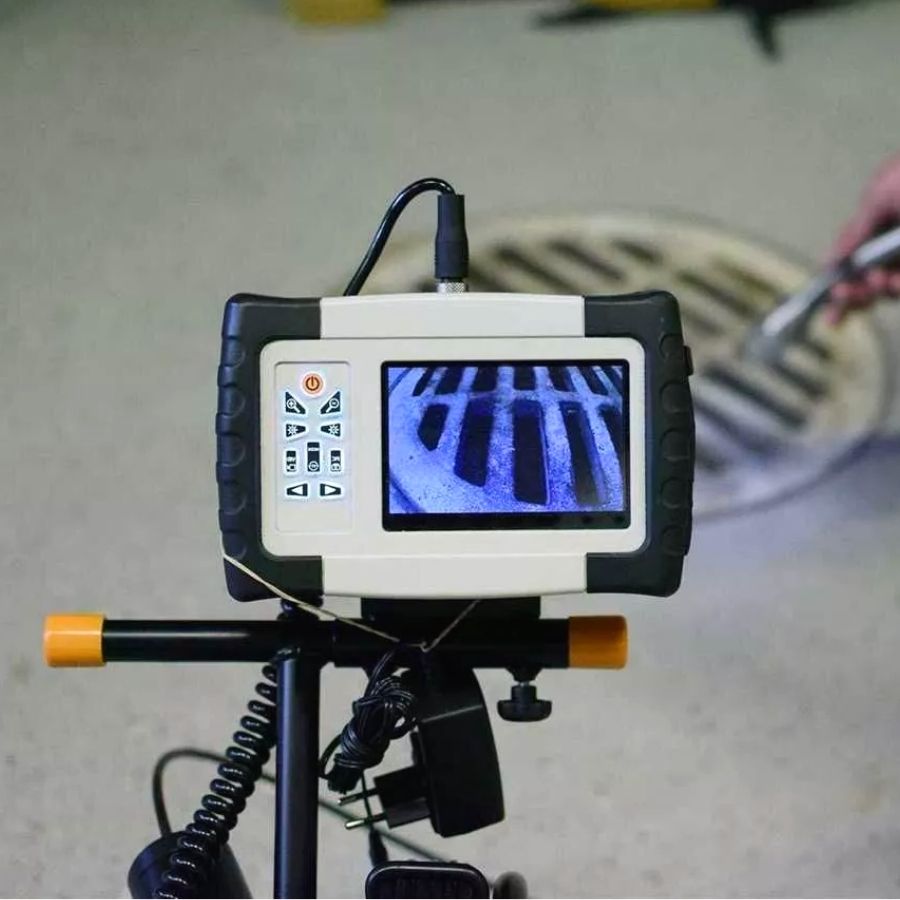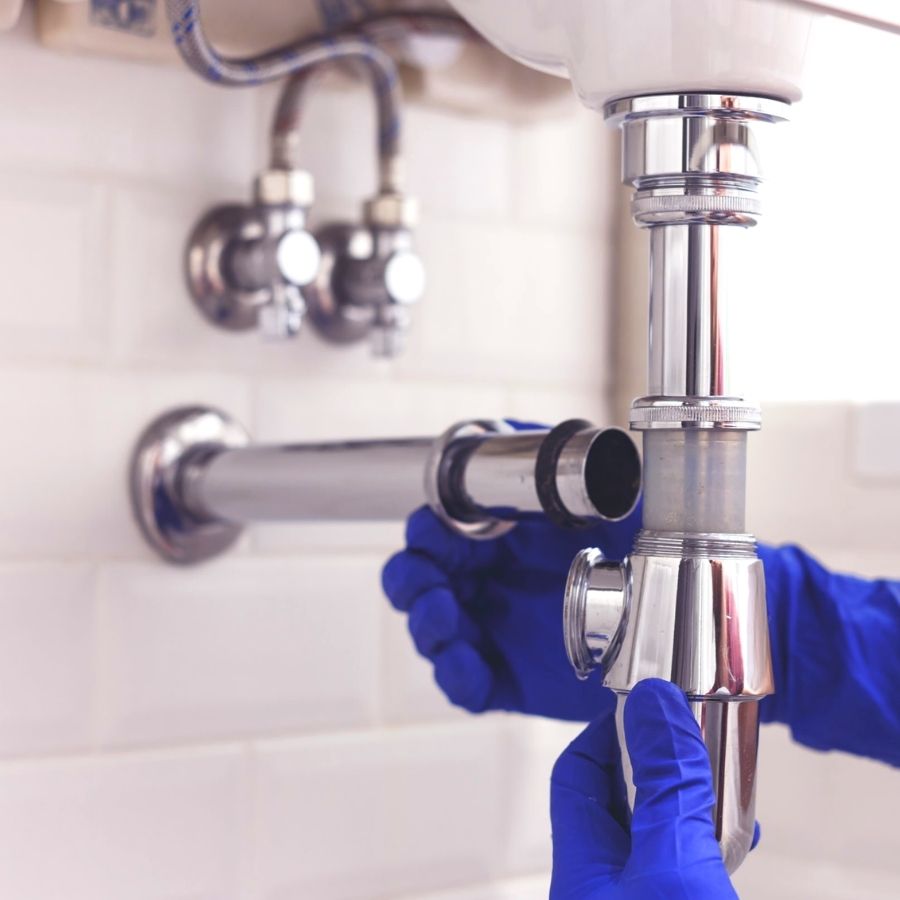One common plumbing problem in Australian households is blocked drains, with most people encountering multiple blocked drains in their lifetime.
Even though getting rid of a blocked drain seems easy, the problem might be graver than a few strands of hair clogging a pipe. Indeed, blocked drains can be caused by many issues, including coagulated cooking oil, soap scum, or even large pieces of food waste. Hence, it’s best to call for a plumber for quality plumbing services to minimise damaging the drain.
We thought of letting you know about the common techniques used by plumbers to get rid of blocked drains. These points will help you understand if the plumber you hired was doing their job right.
So, let’s take a look!
What Do Plumbers Do Before Starting To Unblock The Drain?

After visiting your property, a plumber would first find out what’s causing the blockage. If it is a superficial blockage, they will immediately try to break it apart to let the water drain properly. However, in most cases, the plumber would need to inspect a bit more to determine the cause and use the right tool to remove the clog.
A common way to inspect a clogged drain is by introducing a camera through its opening. This device visualises what’s going on inside the pipe, making it easy to locate the blockage.
The plumber may suggest doing a full pipe inspection to avoid recurring blockages if necessary. These inspections can also let the plumber know whether the drain or the pipes need to be replaced or relined.
In the case of significant drain blockages, it’s better to wait for the plumber to arrive and do the inspection rather than trying DIY techniques. You may even end up blocking the mouth of the drain in a way that introducing a camera becomes challenging. And, we would suggest you let the plumber know about any product that might have been used to clean the drain beforehand.
Techniques And Tools Used To Unblock Drains
There are various tools and techniques that plumbers pick up over the years to unclog drains. In some cases, it can be as simple as removing food scraps from the mouth of the drain, while at other times, a hydro-jet might be the only option.
Here we have highlighted some of the methods and equipment frequently used by plumbers.

1. Hot Water
One of the simplest ways to clear a blocked drain is by pouring warm water down the pipe. The strength of the water helps rid the pipe walls of residue. This is safer than chemical drain cleaners as it melts down any accumulated oil, soap scum, hair, and other organic particles in the clogged drains and lets the water pass.
That’s why plumbers will often use hot water in the preliminary stage to perform a flow test to check the severity of the blockage.
For your DIY, you can add baking soda and vinegar to your hot water drain cleaner to release the drain blockage. But be careful, as pouring hot water or boiling water may damage PVC pipes.
2. Plungers
Most of us are acquainted with the image of someone pushing on a toilet bowl with a plunger to remove any clogs. Though it may seem gross, plumbers often use this technique to free up minor blockages.
Apart from toilet bowls, the plunger can be used for blocked kitchen or bathroom floor drains. The blockage is mainly removed with repeated plunges due to the pressure exerted inside the drain.
3. Manual Drain Snakes
Another common tool to clear blocked drains is the manual drain snake, a long cable with an end that looks like a corkscrew. A crank-like handle on the other side of the cable helps you rotate the corkscrew after introducing it into the drain.
The plumber would need to push the drain snake through the opening and rotate it to clear the blockage. That said, this tool works well with only minor blockages.
4. Motorised Drain Snakes
Even though a motorized drain snake is similar to the manual variant, motorised drain snakes are usually connected to a power source, so they have more power. Hence, plumbers often use them to clear more significant blockages from bigger pipes.
These drain snakes can automatically go inside the pipe without extra push when you place them at the mouth of the drain. Thus, a plumber may even decide to use a drain snake to free up a clogged toilet quickly.
5. Hair Snake
Hair snakes are a standard tool that’s commonly found in hardware stores. They are mainly used to unclog bathroom floors, or bathtub drains prone to blockages caused by hair accumulation.
A plumber would typically push the hair snake through the mouth of the drain. Then, rotate it a couple of times to hold on to the debris and pull out the hair snake.
6. Augers
Augers are similar to drain snakes but are much larger and have more power. As you can guess, a drain auger helps get through challenging blockages and augers can even be used to remove clogs from toilets.
7. Hydro-Jets
Moving on, a highly effective technique of unclogging drains is high-powered jets. So, a plumber would use water released at high pressure to clear the blockage and remove any further build-ups.
Plumbers use this technique to clean drains sitting idle for a long time, accumulating scum and dirt.

Do You Need A Professional Plumber?
That’s everything we had to tell you about how professional plumbers unblock drains. The techniques may vary based on personal expertise and the situation, so there isn’t only one correct way to do the job.
We hope this informative guide will help you understand what tasks a plumber might perform when fixing a blocked drain. And, it’s highly recommended that you consult an experienced plumber rather than trying to clear the drains yourself.
If you think you have a blocked drain in Sydney and require a plumber, speak to the team at Fixed Fast Plumbing. We have years of experience providing quick and affordable drain blockages and pipe relining solutions. Get in touch with us today!.
Until next time, take care, and goodbye!
